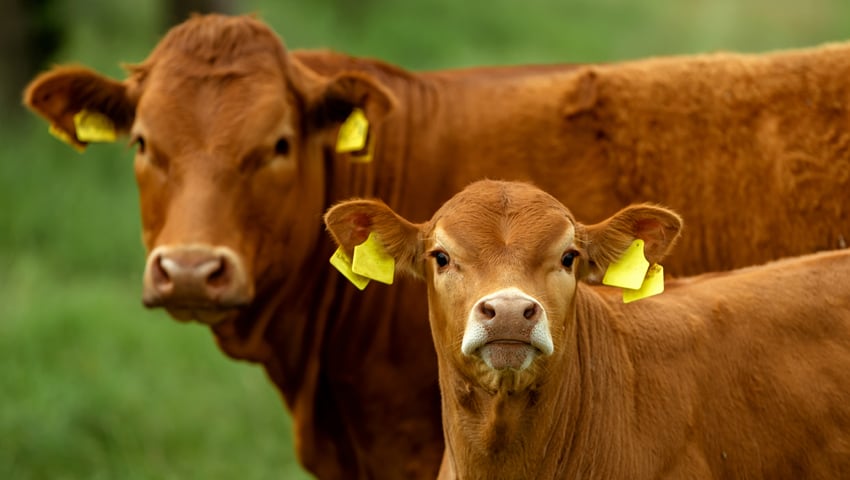Highlands-based beef and sheep farmer Vic Ballantyne NSch 2022 has published her Nuffield Farming report entitled ‘Too fat? The role of body condition in maternal livestock in areas with extreme seasonal variability’.
The report was sponsored jointly by The Royal Highland and Agricultural Society and the Worshipful Company of Farmers.
During her Scholarship, Ballantyne travelled to Canada, New Zealand, Australia, Iceland and the UK to understand the role of body condition score (BCS) in maternal livestock and explore how to identify and select for genetic body condition.
Ballantyne said, “For decades we have known that good Body Condition Score (BCS) is essential in cows and ewes at key times in the year. Good BCS is directly linked with better animal health, increased fertility and reduced feed requirements.”
While visiting commercial and pedigree cattle and sheep producers around the world she noted that those who actively selected for body condition reported several productivity and animal welfare benefits. She believes that robust and resilient animals will be needed in the future as livestock farming comes under pressure both politically and environmentally.
“Significant worldwide research into the genetic component of BCS puts the trait at around 25% heritability,” said Ballantyne. “But BCS can be manipulated by environmental nutrition and it is therefore a trait that is easily masked by preferential or excessive feeding.
“It is essential that breeding stock are subjected to some nutritional and environmental pressure if we are to identify those with the genetic ability to put on and hold body condition.”
The producers that Ballantyne visited also reported that higher BCS became most valuable during tough periods. “As our climate becomes more unpredictable, the ability of an animal to ride out the extremes will become more important. Though even in a normal season the genetic propensity to hold condition still presents plenty of opportunities, including increasing stocking rates.”
Ballantyne concluded, “There is significant opportunity within the beef and sheep sectors to build herds and flocks fit for the future by prioritising body condition as part of the selection process.”
